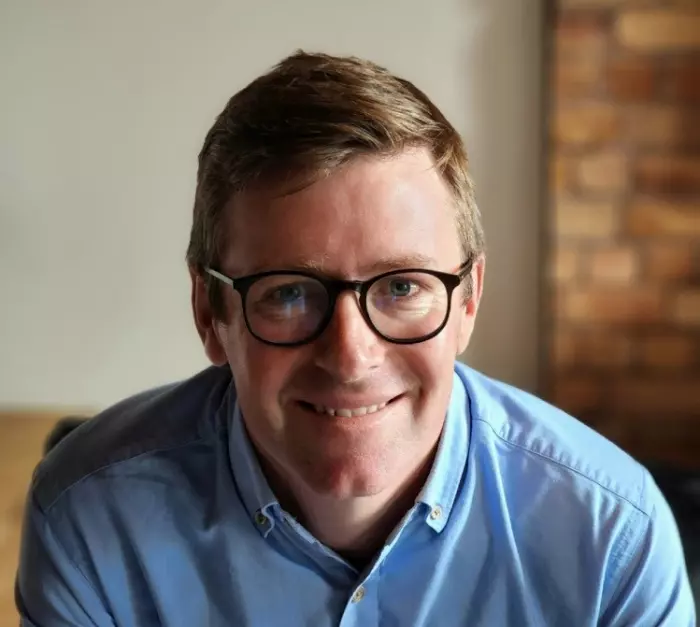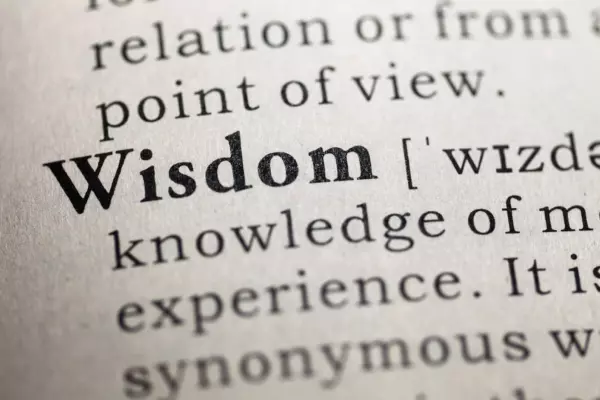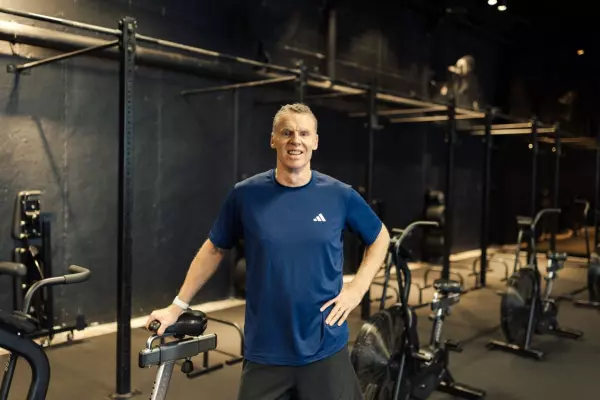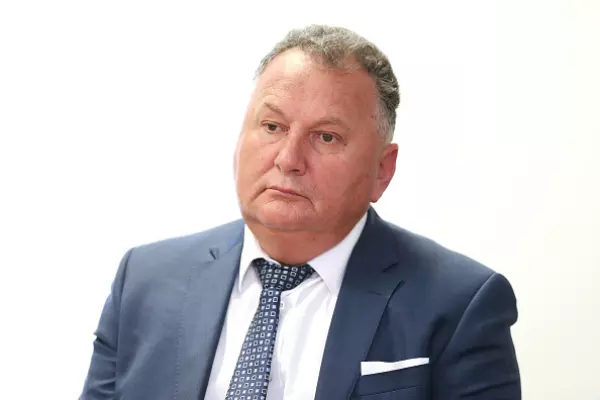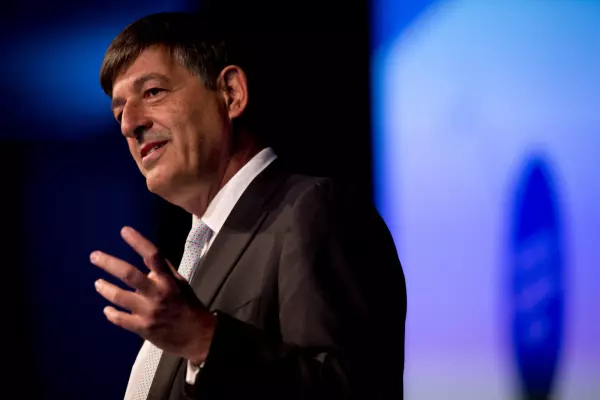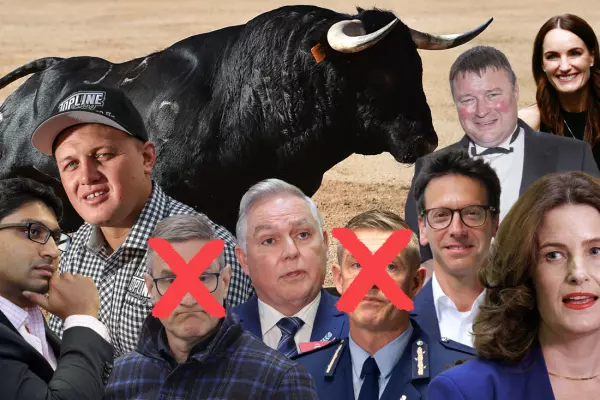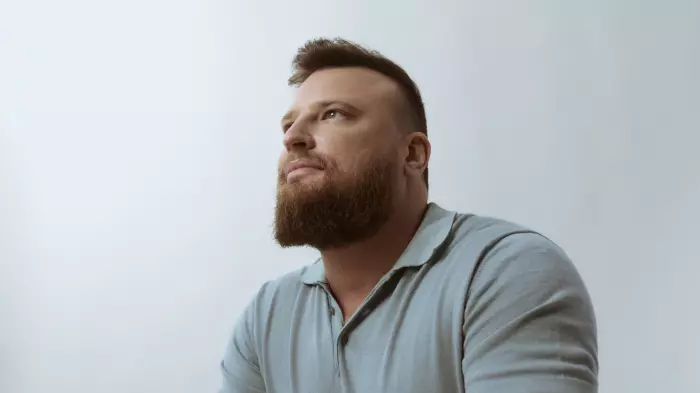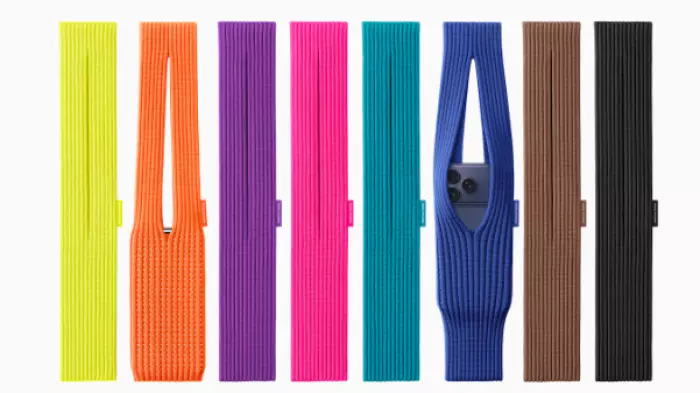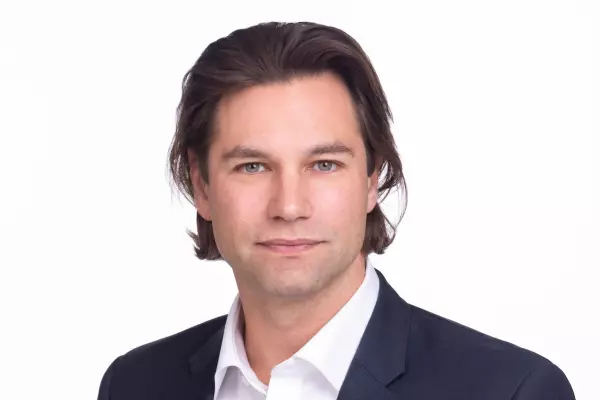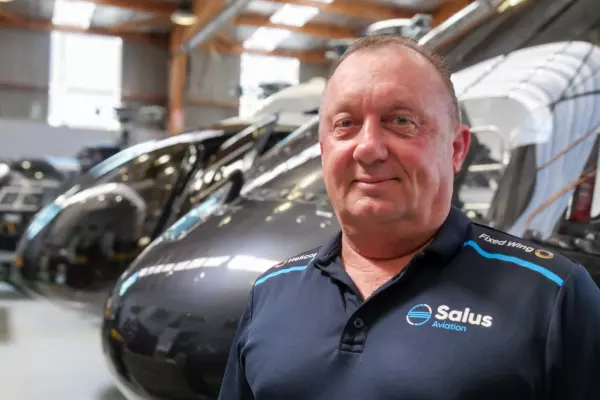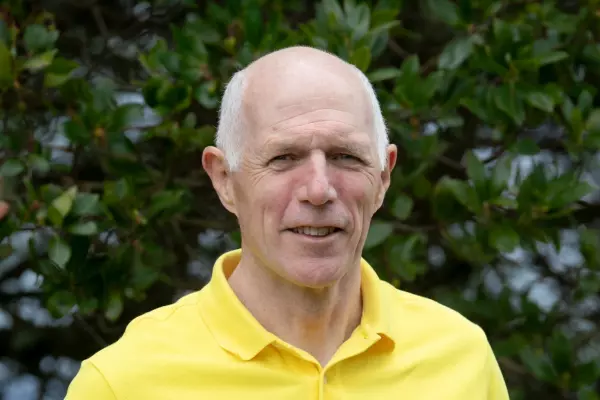Rupert Carlyon launched KiwiSaver provider kōura Wealth in 2017. It now has 2,500 members and $85 million under management. After leaving Auckland Grammar School, the born-and-bred Aucklander moved south to Otago University to obtain his commerce degree, then spent three years back in his home city working for Swiss-based UBS Group followed by four years with UBS in London. He returned to New Zealand in 2014 and took on roles at Vector and Tower before starting kōura (which is te reo Māori for gold, or a goal) because he felt the KiwiSaver sector was uninspiring. Carlyon lives in Auckland with his wife, Olivia, and three young sons – who are learning the power of the share market through their pocket money.
My father had his own business and so my dream since I was very, very young was always to have my own business, too.
I don't ever remember having dreams of being a firefighter or that kind of shit. It's been pretty clear my whole life that doing business was what I wanted.
Outdoor stuff has always been a big passion. At various times while growing up, I thought maybe do I want to go off and be a skiing instructor or a rafting guide or whatever, but I always came back to business.
I have three sisters – one older, one younger, and my twin. What did I learn from growing up with three sisters? How to ignore them. But it’s interesting now we’ve all grown up that we're all learning far more about each other now than we probably ever have before.
I was a quiet child and struggled a little bit socially in school. But I had the time of my life at university. I went to Otago and it was there where I got into my social group. About half of the guests at my wedding in 2015 were friends from Otago.
After I left uni, I very quickly got myself into the finance world with UBS in Auckland and then in London, where I lived with four people I’d known from my Dunedin days – it was great.
One of my regrets – and it's a small regret, because I'm very happy with where I am – is not recognising early enough how I could merge my passion for business and my passion for the outdoors. Don't get me wrong; I love finance and I love the markets, but I spend my life looking at screens.
The first thing I do in the morning is turn on Bloomberg Radio. My kids, who are seven, five, and two, don’t enjoy it.
We’re currently trying to teach the five- and seven-year-old about money, and failing miserably. There's nothing really that I like about how they spend their money.
But I had a great conversation the other day with my seven-year-old. We were talking about pocket money, and I suggested he put some in the share market. He came up to me later and asked: “So what you’re telling me is, if I give you $2 today, then I get more money later for doing absolutely nothing if I put that money into the share market?" He’s not convinced about Bloomberg Radio, but he's very convinced about the share market because he's very focused on free money.
The worst advice I’ve been given? I was going to buy a house before I went to London in 2009 and everyone said, no, the market is too expensive, don't buy a house. I could have bought an old villa in Pt Chevalier for $400,000 before I left and that same place is probably worth over $2 million now. So, the worst piece of advice I’ve been given is don't buy a house early.
The best piece of advice I ever got was if you're going to do something, you’ve got to do it properly – and you’ve got to go all in and back yourself. It was hard to leave the safety and big salary of a day job to create a start-up.
I'm an introvert and I like doing stuff on my own. So, for me, my thinking time, which I don't have enough of at the moment, is when I go mountain biking.
I'm quite social, but at the same time, nothing makes me feel better than getting into the outdoors and getting away from everything. But with three kids and an extremely busy job, time is not my thing.
How do I manage stress? Well, I manage it, but I'm not really good at it. My view is, I'll kill myself to make sure it happens. So, if I need to work 100 hours in a week to make something happen, I will. And it took me a long time to realise that not everyone thinks like that.
I've had to (a) understand that what I thought was normal wasn't normal, and (b) figure out how to motivate people and how to react to people. I'm still not very good at it, to be perfectly honest. It's been pretty hard.
My biggest business failure? Knowing how hard this would be, in all honesty. We're operating in one of the most competitive markets in the world. KiwiSaver is a really hard product – you’ve got 35 providers all fighting for the same set of customers and we're up against some behemoths.
I'll be honest, with a business like mine, for the last four years if I hadn't operated with the perpetual belief that it could have failed, then it probably would have failed. Because it needed that drive, it needed that hunger and, to be honest, it needed that desperation. And now we've got to a point where we know we're safe and things are going really well.
It’s really hard in my world to look back at it all and see we've actually achieved a huge amount. Often I look at the negative and go, how do I fix it? What do I need to do? Versus sitting back and going, yeah, we've still got a huge amount of work to do, but we've achieved a huge amount.
As told to Ella Somers.
My Net Worth interviews may be edited for clarity.


